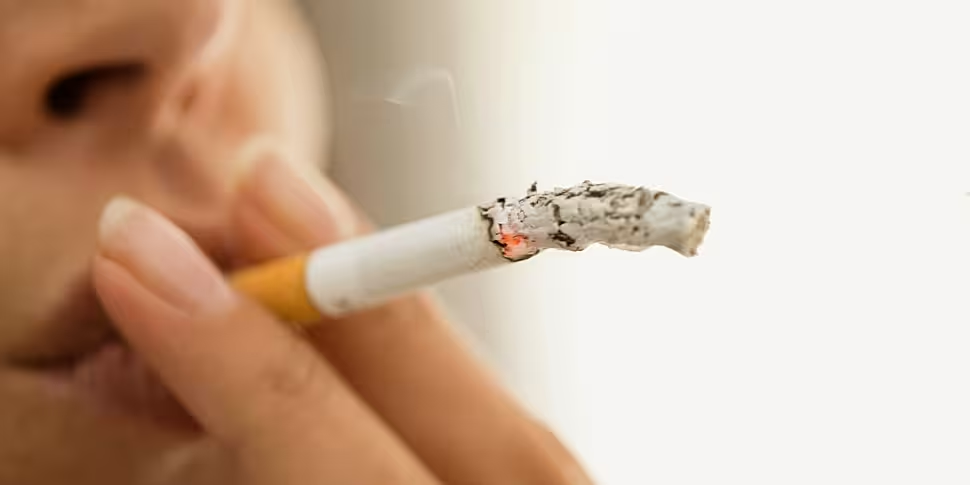It may seem like an obvious connection, but a new study has clearly demonstrated how smoking damages the immune system.
"We've known for a long time that if you smoke, you're at risk of many different diseases,” immunologist Prof Luke O’Neill told Show Me the Science.
“Now this finding has shown that smoking damages your immune system.
“That might seem somewhat obvious... But now this study really digs deep into this and has found the damaging effects of smoking on the immune system.”
Irish immunologist Darragh Duffy based at the Pasteur Institute in Paris, has discovered how smoking affects your immune system.
While the focus has previously been on diseases like lung cancer, Prof O'Neill said this study examined around 1,000 people who were smokers and non-smokers aged between 20 and 69 to find other effects.
“He took blood from them into a test tube, and he stimulated the blood in a test tube with the flu virus and E. coli and he measured the immune response,” he explained.
“Smoking turns out to be a big explainer for why people have different immune responses.
“The more you smoke, the more damage to your immune system.”
Adaptive immune systems
There are two types of immune systems: innate, the defences we are born with, and adaptive, which is influenced by things like vaccines and lifestyle choices.
According to Prof O’Neill, the adaptive immune system was weaker in those who had been smoking due to damage to T cells and B cells.
“What was worrying was for smokers, the adaptive doesn't really recover and even years after people that stopped smoking, the adaptive was still damaged,” he said.
Most importantly, smoking "paralyses” the cilia in the lungs, tiny hairs that line the airways and protect against bacteria and disease.
Quitting smoking
While Prof O’Neill said this study is seemingly obvious as we know the dangers of smoking, it should still raise further awareness about quitting.
“it's never too late and Darragh makes this point,” he said. “Quit as soon as you can, because at least the immune system has a chance to recover.
“Even though it does seem to take a while to recover, there’s a chance.”
There is also a “dose-dependent” effect, meaning if you can’t quit fully, lowering your intake can also begin to heal your immune system.
Listen back here.









